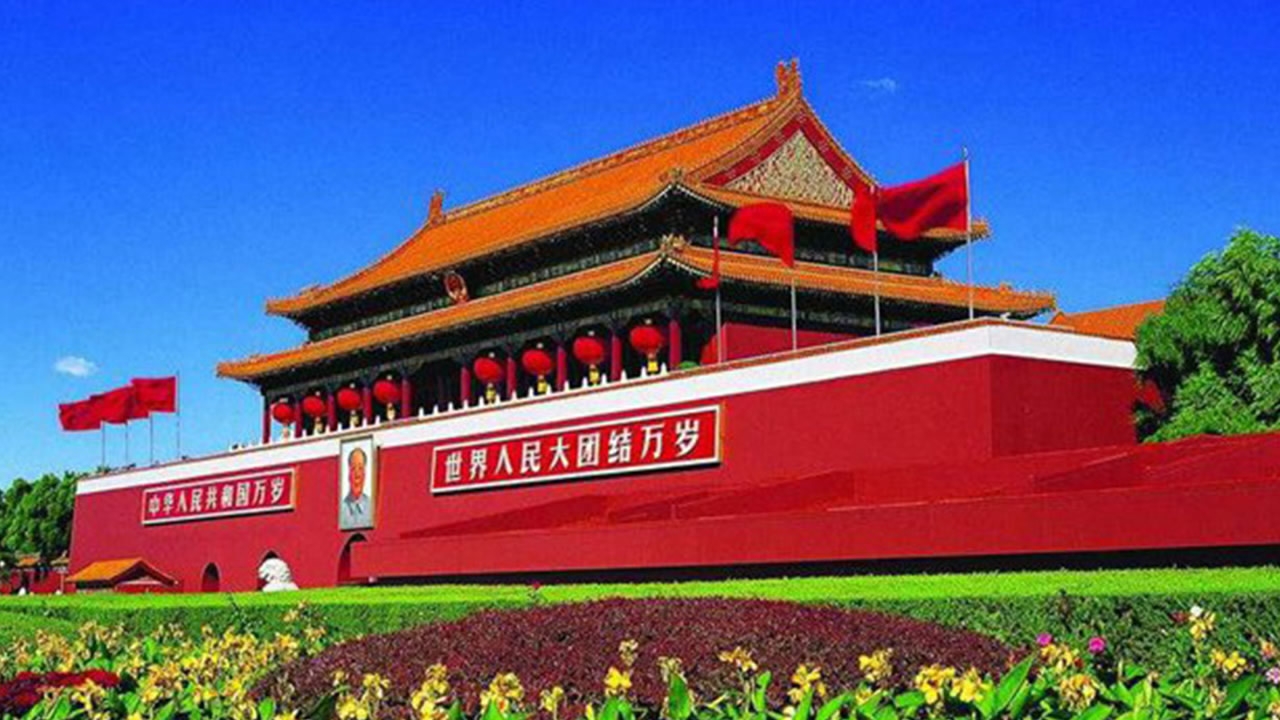
Politics
17:09, 17-Sep-2017
China Footprint: How democratic centralism works
By Guan Yang

In China, the standing committee of the Party holds the ultimate power and authority over pretty much everything. This applies across all levels of government including the national, provincial and country level.
Yet, written in the Chinese Constitution is the requirement that the party and government must practice democratic centralism, a principle that ensures decisions are made with a majority vote, rather than being ruled by a single person – the Party secretary.
How does this principle actually play out in the Chinese political system?

CPC Secretary Na Xuecheng (R1) of Xinbin County, Liaoning Province, northeast China. /CGTN Photo
CPC Secretary Na Xuecheng (R1) of Xinbin County, Liaoning Province, northeast China. /CGTN Photo
In China’s northeast province of Liaoning, Xinbin County Party Secretary Na Xuecheng has initiated a work plan for rural garbage collection – a plan that will affect every single person in the country.
In order to pass this plan, the principle of democratic centralism requires that half of the standing committee members of the local Party have to vote yes before the plan can go into effect. If the issue is an appointment or removal of personnel, it must pass by a two-thirds vote.
Na told CGTN that the villager’s opinions and concerns were considered before putting together any work plan.
After gathering opinions from the public, Na was confident that apart from some minor changes, the proposal could be popularized in other villages too.

Members of the Standing Committee of the CPC Committee of Xinbin County, Liaoning Province, northeast China, gather to discuss a work plan for rural garbage classification. /CGTN Photo
Members of the Standing Committee of the CPC Committee of Xinbin County, Liaoning Province, northeast China, gather to discuss a work plan for rural garbage classification. /CGTN Photo
Zheng Yong, a member of the county’s standing committee, observes the differences in decision-making, "Unlike in the past, when orders were typically given by one senior official, our job was to follow that instruction and do as told. Now, all the Party members here are willing to listen to others. We sat down and held joint discussions on what could be improved in the work plan before the final decision was made.”
The Communist Party of China (CPC) in 2012 vowed to deepen political reform with the goal of practicing better intra-party democracy and establish a system of “rule of law” in the country.
Previous episodes:

SITEMAP
Copyright © 2018 CGTN. Beijing ICP prepared NO.16065310-3
Copyright © 2018 CGTN. Beijing ICP prepared NO.16065310-3